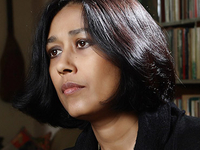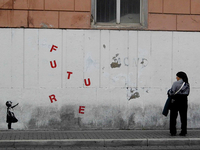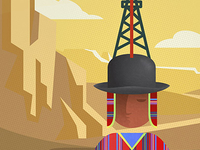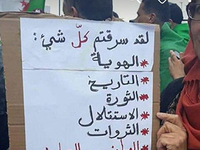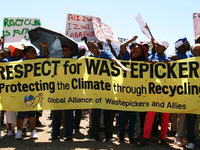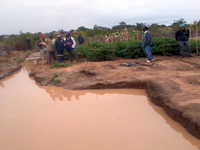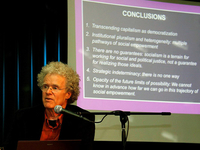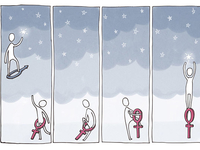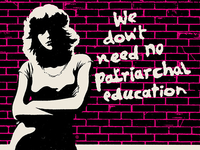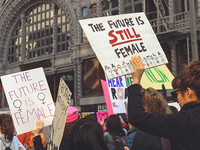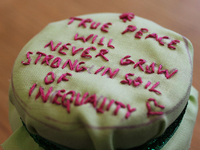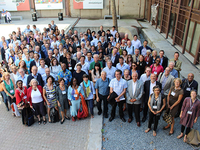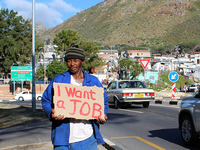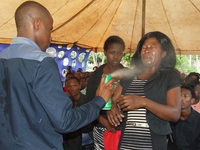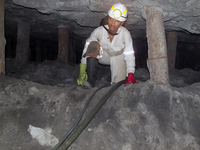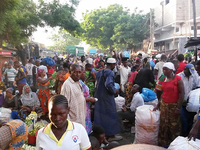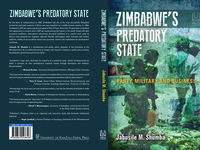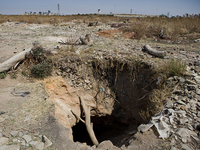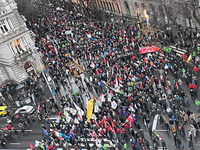GD 9.2 - August 2019
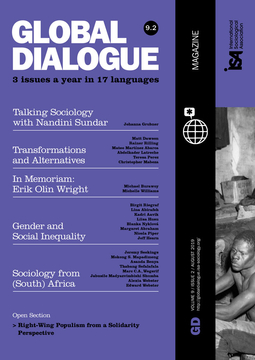
Global Dialogue is available in multiple languages!
Select the language to download the issue.
Editors:
Brigitte Aulenbacher, Klaus Dörre.
Assistant Editors:
Johanna Grubner, Christine Schickert.
Associate Editor:
Aparna Sundar.
Managing Editors:
Lola Busuttil, August Bagà.
Consultants:
Michael Burawoy.
Media Consultant:
Juan Lejárraga.
Consulting Editors:
Sari Hanafi , Geoffrey Pleyers, Filomin Gutierrez, Eloísa Martín, Sawako Shirahase, Izabela Barlinska, Tova Benski, Chih-Jou Jay Chen, Jan Fritz, Koichi Hasegawa, Hiroshi Ishida, Grace Khunou, Allison Loconto, Susan McDaniel, Elina Oinas, Laura Oso Casas, Bandana Purkayastha, Rhoda Reddock, Mounir Saidani, Ayse Saktanber, Celi Scalon, Nazanin Shahrokni.
REGIONAL EDITORS
Arab World: Sari Hanafi , Souraya Mouloudji Garroudji, Fatima Radhouani, Mounir Saidani.
Argentina: Alejandra Otamendi, Juan Ignacio Piovani, Pilar Pi Puig, Martín Urtasun.
Bangladesh: Habibul Haque Khondker, Hasan Mahmud, Juwel Rana, US Rokeya Akhter, Toufi ca Sultana, Asif Bin Ali, Khairun Nahar, Kazi Fadia Esha, Helal Uddin, Muhaimin Chowdhury, Md. Eunus Ali.
Brazil: Gustavo Taniguti, Andreza Galli, Lucas Amaral Oliveira, Benno Warken, Angelo Martins Junior, Dmitri Cerboncini Fernandes.
France/Spain: Lola Busuttil.
India: Rashmi Jain, Nidhi Bansal, Pragya Sharma, Manish Yadav, Sandeep Meel.
Indonesia: Kamanto Sunarto, Hari Nugroho, Lucia Ratih Kusumadewi, Fina Itriyati, Indera Ratna Irawati Pattinasarany, Benedictus Hari Juliawan, Mohamad Shohibuddin, Dominggus Elcid Li, Antonius Ario Seto Hardjana, Diana Teresa Pakasi, Nurul Aini, Geger Riyanto, Aditya Pradana Setiadi.
Iran: Reyhaneh Javadi, Niayesh Dolati, Abbas Shahrabi, Sayyed Muhamad Mutallebi, Vahid Lenjanzade.
Japan: Satomi Yamamoto, Yuko Masui, Riho Tanaka, Marie Yamamoto, Shogo Ariyoshi, Kauzma Kawasaki, Sae Kodama, Koki Koyanagi, Tatsuhiro Ohata, Shunji Sugihara, Ryo Wakamatsu.
Kazakhstan: Aigul Zabirova, Bayan Smagambet, Adil Rodionov, Almash Tlespayeva, Kuanysh Tel, Almagul Mussina, Aknur Imankul.
Poland: Jakub Barszczewski, Iwona Bojadżijewa, Katarzyna Dębska, Anna Dulny-Leszczynska, Krzysztof Gubański, Monika Helak, Sara Herczyńska, Justyna Kościńska, Agata Kukla, Adam Müller, Weronika Peek, Zofi a Penza-Gabler, Jonathan Scovil, Agnieszka Szypulska, Aleksandra Wagner, Mateusz Wojda.
Romania: Cosima Rughiniș, Raisa-Gabriela Zamfi rescu, Luciana Anăstăsoaie, Cristian Chira, Diana Alexandra Dumitrescu, Radu Dumitrescu, Iulian Gabor, Dan Gîtman, Alecsandra Irimie-Ana, Cristiana Lotrea, Ioana Mălureanu, Bianca Mihăilă, Andreea Elena Moldoveanu, Oana-Elena Negrea, Mioara Paraschiv, Codruţ Pînzaru, Susana Maria Popa, Adriana Sohodoleanu, Maria Stoicescu, Cătălin Varzari.
Russia: Elena Zdravomyslova, Anastasia Daur, Valentina Isaeva.
Taiwan: Jing-Mao Ho.
Turkey: Gül Çorbacıoğlu, Irmak Evren.
GD 9.2 - August 2019
Editorial
Sociologists not only aim to foster discussions within the discipline but also are engaged in public debates and controversies. Over the last decade Nandini Sundar, a most renowned Indian sociologist and social activist challenged the boundary between academia and activism and confronted social injustice in India through political action. In the interview opening this issue of Global Dialogue, Sundar talks about the past and current situation of India’s “war in Bastar” and about the difficulty of being a good scholar and a good activist in these hastening times.
Our first symposium “Transformations and Alternatives” starts with two texts that trace sociological reflections on alternative societies and possible futures through the history of sociology and discuss why this kind of reflection is necessary to combine sociological critique with emancipatory ideas. A text from Latin America highlights political struggles for a solidary society and the role of concepts like Buen Vivir. A contribution from Qatar contrasts possible futures of the Arab world. Articles from South Africa and Zimbabwe introduce empirical research into how people deal with major changes in their lives (in this case brought about by climate change) and what obstacles desired policy changes may face.
Erik Olin Wright, a scholar whose life and work was dedicated to the ideas of equality, freedom, and community passed away in January 2019. With him we lose a sociologist whose work on class, Marx and “real utopias” did not only inspire colleagues across the globe but also activists fighting to build a more just and democratic society. Two close friends from different parts of the world pay tribute to his life and work.
In our second symposium Birgit Riegraf, Lina Abirafeh and Kadri Aavik invited scholars from around the world to present their research on the relation between “Gender and Social Inequality.” The articles highlight different aspects of this relation like gender inequality in research funding from a European and Nordic perspective, the status quo and the fate of Gender Studies in the Czech Republic, the route and obstacles of gender inequality in the Arab Region, and gendered labor in the Asian context. The articles give us an insight into the debates about social progress or the backlash in gender equality and spark the discussion on how sociology as a discipline can offer tangible solutions for equality and social justice. Contributions point to the need of social action and the necessity to keep the struggle for gender equality going to further pave the way towards an equal society.
As part of our regional focus on “Sociology from (South) Africa” the first article highlights the persistence of poverty and inequality in South Africa and puts this as a warning to Africa as a whole. The second text discusses the rising popularity of and controversies around charismatic churches in South Africa and addresses the silence of sociological voices on this matter. The following two articles debate the situation of mining workers in South Africa, one showing how the rhetoric of inclusion contradicts the exclusion of women from doing certain tasks while the second piece presents an ethnographic study of black unemployed ex-mine workers and shows the effects unemployment has on their confidence and self-worth. What we can learn from the working people of Tanzania is brought to us in an article that examines the food system in Dar es Salaam. Focusing on the history of Zimbabwe, the next piece examines the modes of accumulation and political reproduction that transformed and sustained Zimbabwe’s predatory state. With a wonderful photo-essay Alexia and Edward Webster round off this symposium by combining insights about Johannesburg’s history with remarkable photographs of that city built on gold.
The article included in the Open Section of this issue examines solidarity in times of right-wing populism in Europe by focusing on Austria and Hungary.
Brigitte Aulenbacher and Klaus Dörre, editors of Global Dialogue.
Global Dialogue can be found in multiple languages.
Submissions should be sent to globaldialogue@isa-sociology.org.

